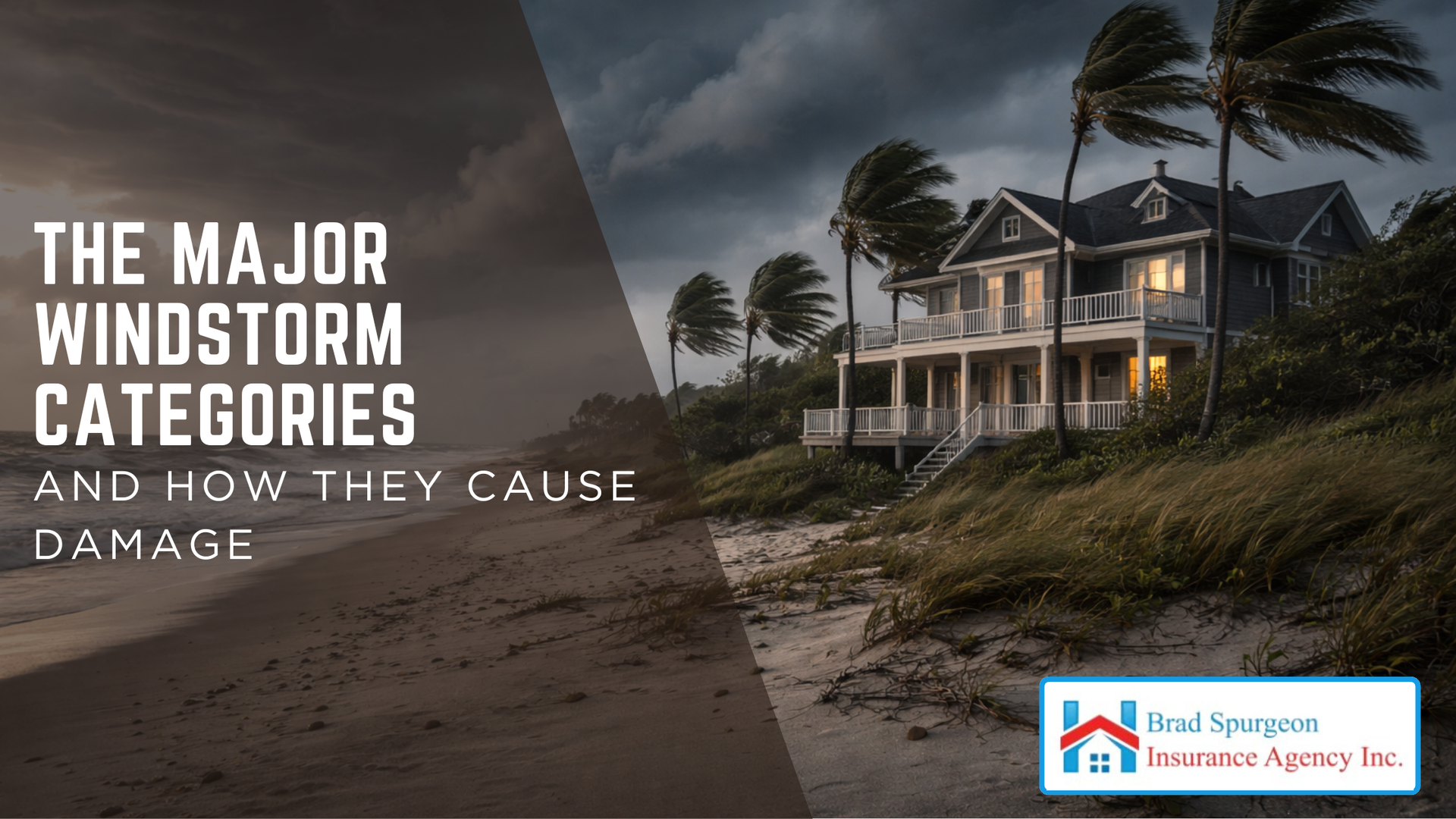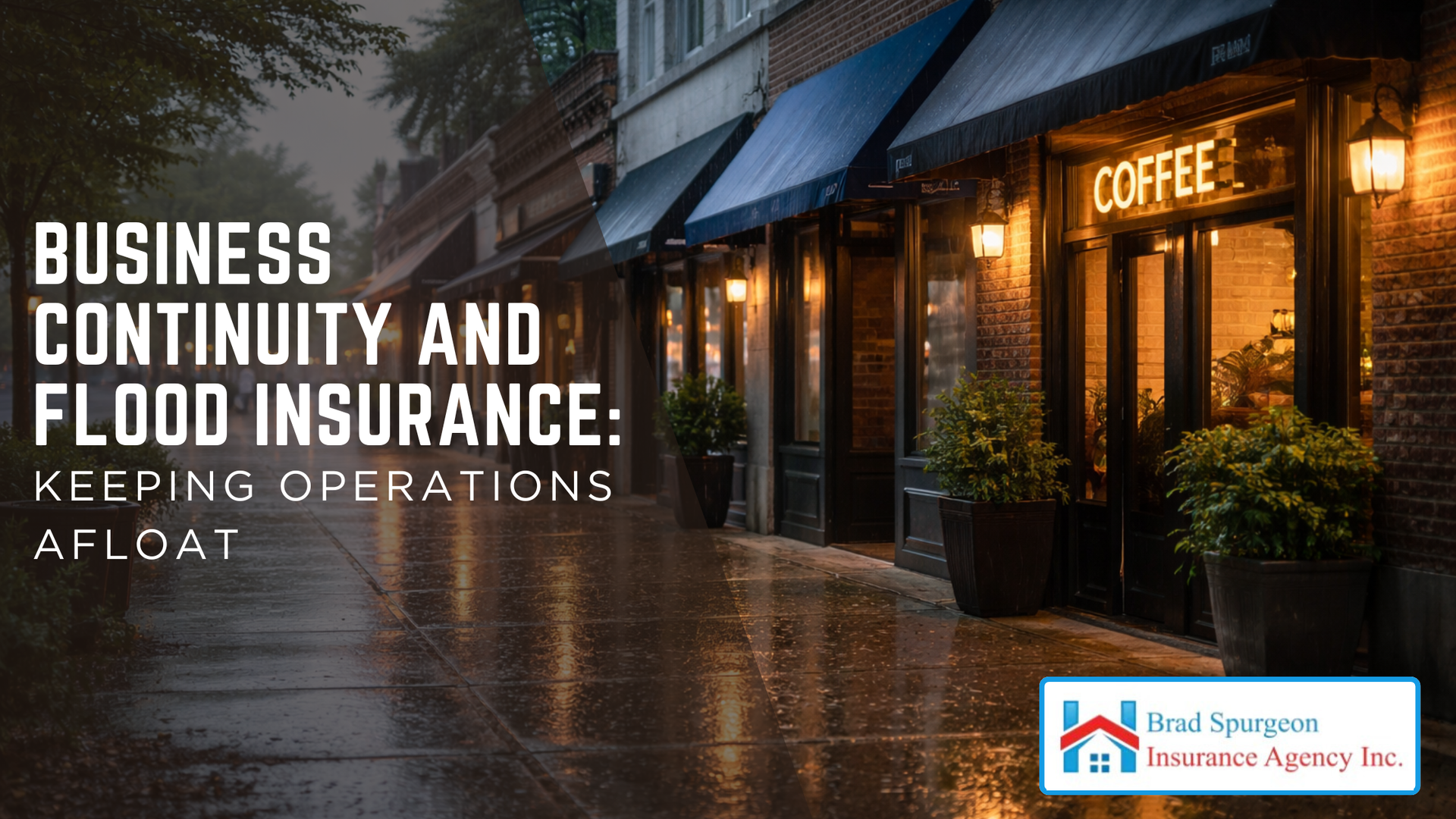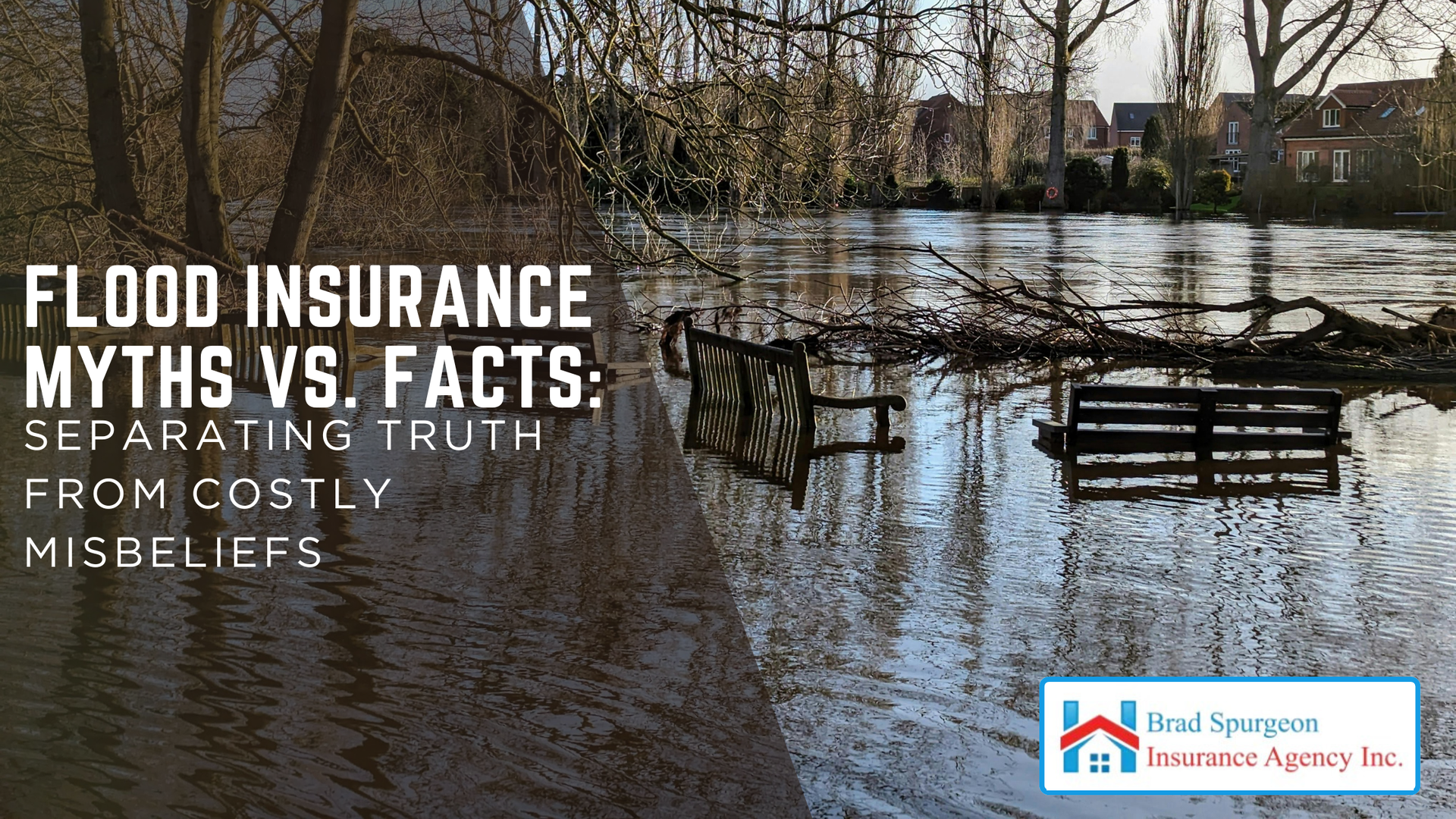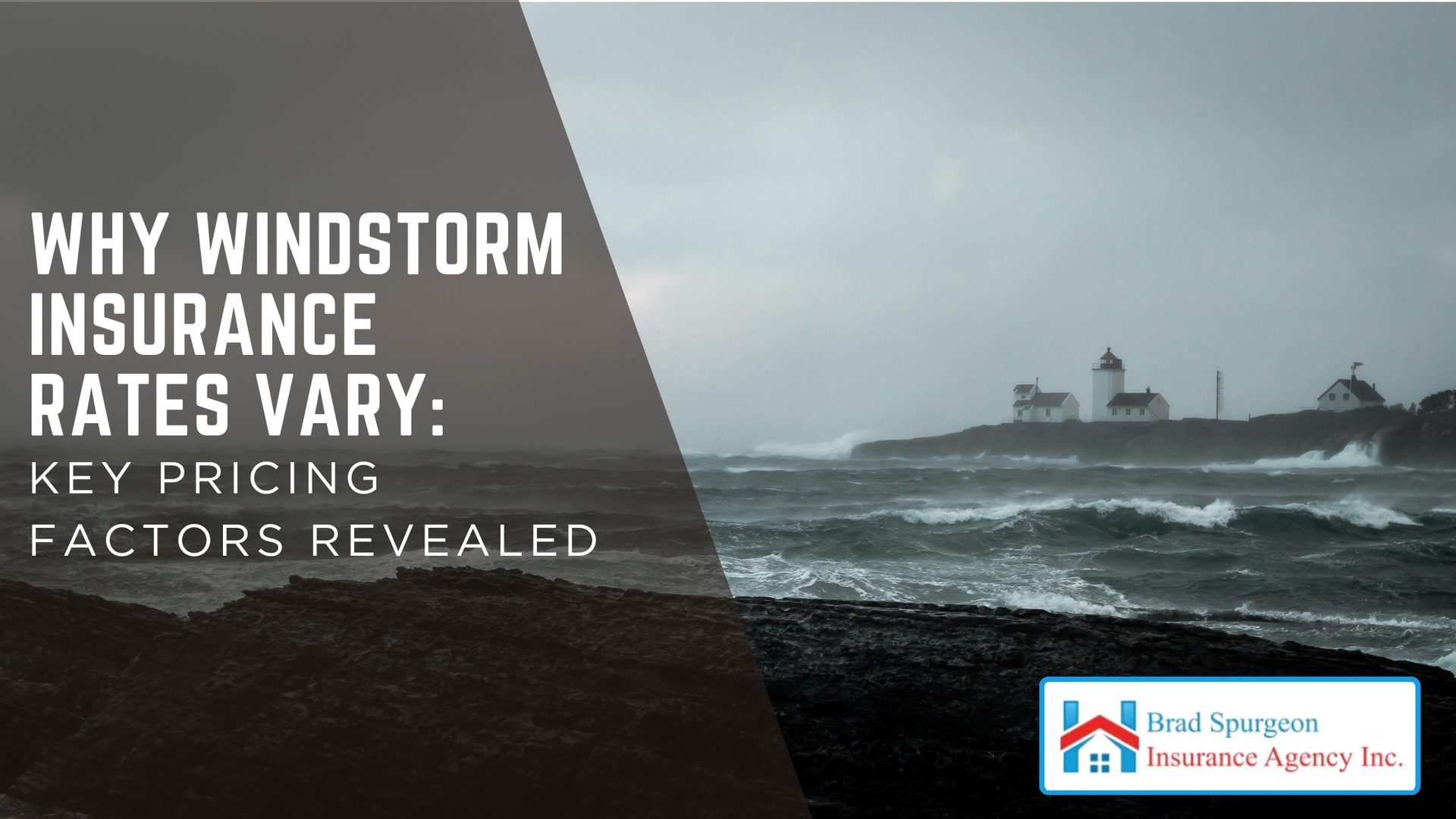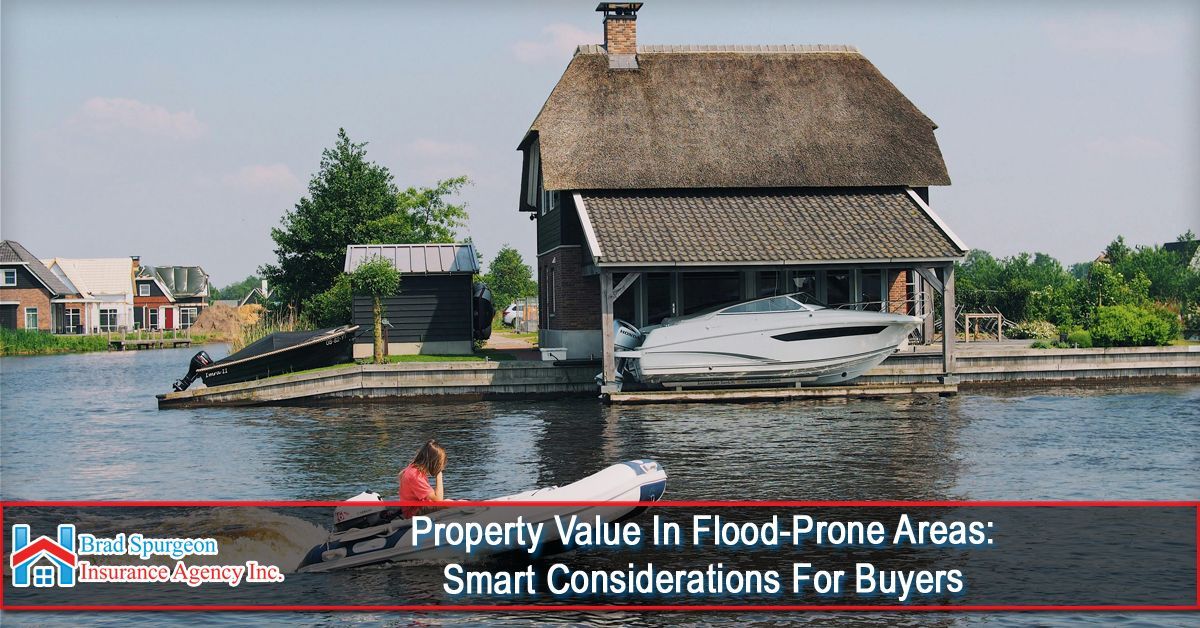Buying a home is one of the most significant financial decisions you’ll ever make, and for most people, it requires taking out a mortgage. A mortgage is a type of loan specifically used to purchase real estate, allowing buyers to spread the cost of a home over time. While the process of securing a mortgage may seem complex, understanding the basics can make it much more manageable. In this guide, we’ll break down how mortgages work, key loan types, and what you need to know before applying for a home loan.
A mortgage is a loan that a borrower takes out from a lender (such as a bank or credit union) to purchase a home. The home itself serves as collateral, meaning if the borrower fails to make payments, the lender has the right to foreclose on the property. Mortgages typically last anywhere from 15 to 30 years, with borrowers making monthly payments that include:
✔ Principal – The original amount borrowed.
✔ Interest – The cost of borrowing the money, expressed as an annual percentage rate (APR).
✔ Taxes – Property taxes that are usually included in the monthly payment and held in escrow.
✔ Insurance – Homeowners insurance and, in some cases, private mortgage insurance (PMI) if the down payment is less than 20%.
There are several mortgage loan options, each designed to meet different financial situations. Understanding the differences can help you choose the best option for your needs.
- Not backed by the government.
- Typically require a higher credit score and larger down payment (usually at least 5-20%).
- Offer competitive interest rates.
- Designed for first-time homebuyers or those with lower credit scores.
- Require a lower down payment (as little as 3.5%).
- Backed by the government, making them easier to qualify for.
- Available to military service members, veterans, and eligible spouses.
- Require no down payment and no PMI.
- Offer lower interest rates compared to conventional loans.
- Designed for homebuyers in rural or suburban areas.
- Require no down payment and offer low interest rates.
- Income limits apply.
- Interest rates fluctuate based on market conditions.
- Start with a lower introductory rate, but rates can increase over time.
- Suitable for buyers who plan to sell or refinance within a few years.
- Step 1: Check Your Credit Score
Lenders use your credit score to determine your eligibility for a mortgage. Higher scores often result in better interest rates and loan terms. - Step 2: Determine Your Budget
Use a mortgage calculator to estimate how much house you can afford based on your income, down payment, and monthly expenses. - Step 3: Get Pre-Approved
A mortgage pre-approval helps you understand your loan options and shows sellers that you are a serious buyer. - Step 4: Choose the Right Mortgage Type
Compare different loan options to find the one that best fits your financial goals and budget. - Step 5: Find a Home and Make an Offer
Once pre-approved, start house hunting and submit an offer when you find the right property. - Step 6: Complete the Loan Process
Your lender will review your financials, order a home appraisal, and finalize your loan terms. - Step 7: Close on Your Home
At closing, you’ll sign legal documents, pay closing costs, and officially become a homeowner!
Owning a home is a major investment, and protecting it with home insurance is crucial. Home insurance provides financial coverage against unexpected damages, such as fire, storms, theft, or vandalism. In most cases, mortgage lenders require homeowners insurance to ensure their investment is protected. Without it, homeowners could face significant out-of-pocket expenses for repairs or total loss. Beyond lender requirements, home insurance gives homeowners peace of mind knowing that their property and personal belongings are safeguarded against potential disasters.
Understanding how mortgages work can help you make informed decisions when buying a home. Whether you’re a first-time homebuyer or planning to upgrade, knowing the different types of loans, key mortgage terms, and the importance of home insurance ensures a smooth homeownership journey.
If you're ready to take the next step, speak with a mortgage lender or financial advisor to explore your best loan options and start your path to homeownership with confidence!
At Brad Spurgeon Insurance Agency Inc., we aim to provide comprehensive insurance policies that make your life easier. We want to help you get insurance that fits your needs. You can get more information about our products and services by calling our agency at (409) 945-4746. Get your free quote today by CLICKING HERE.
Disclaimer: The information presented in this blog is intended for informational purposes only and should not be considered as professional advice. It is crucial to consult with a qualified insurance agent or professional for personalized advice tailored to your specific circumstances. They can provide expert guidance and help you make informed decisions regarding your insurance needs.
